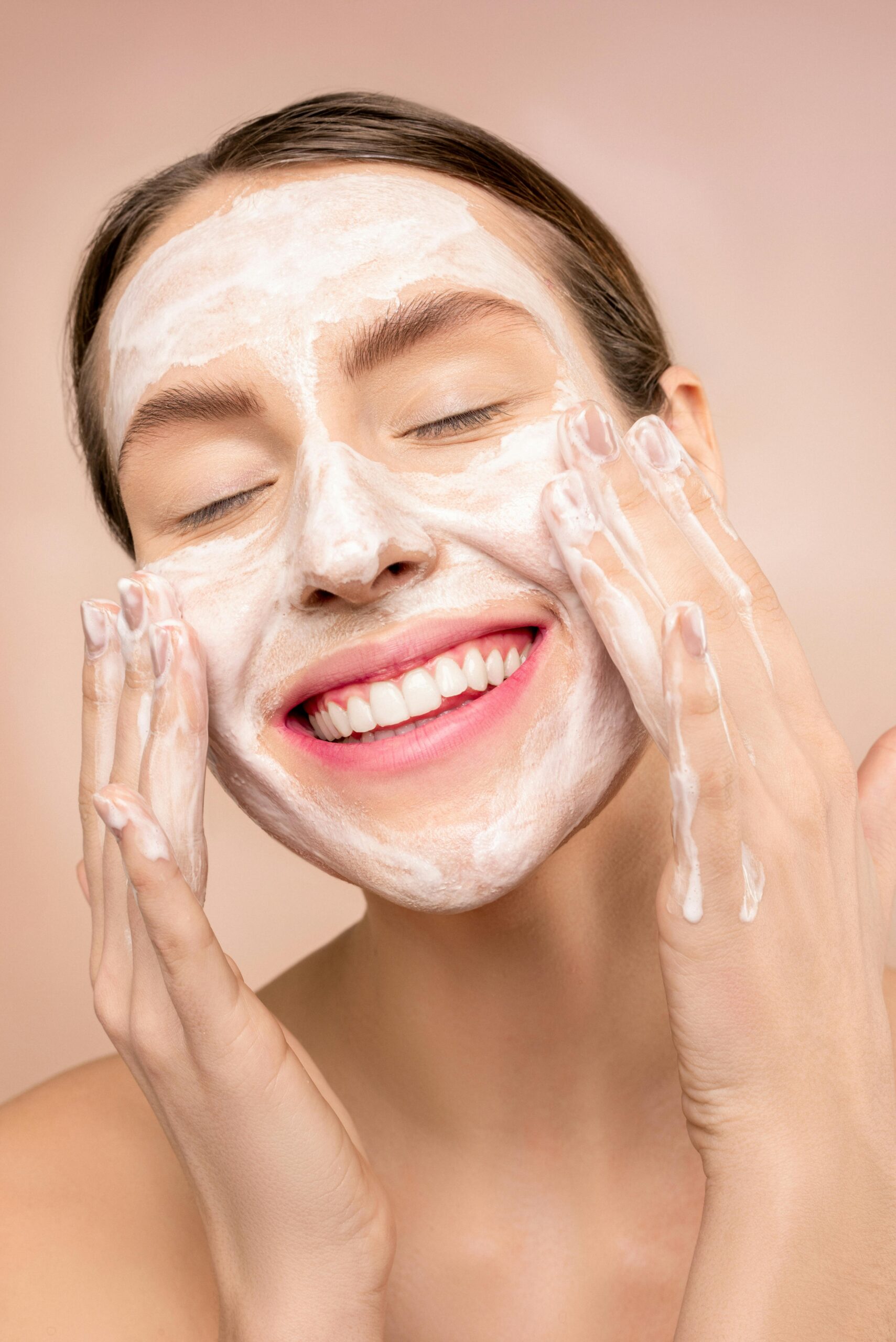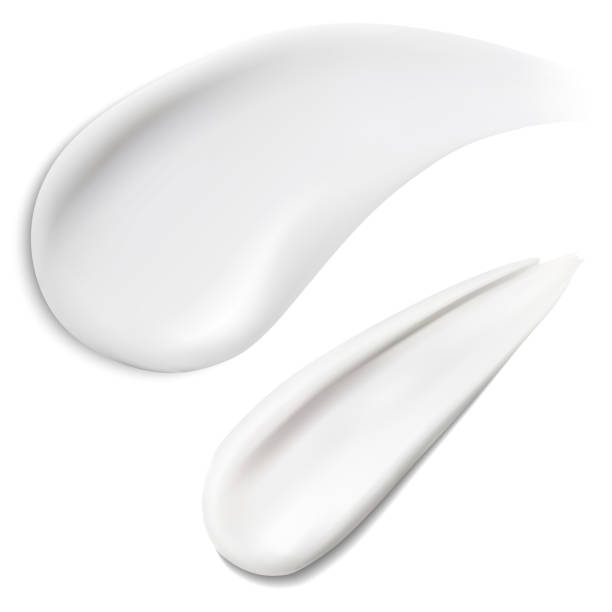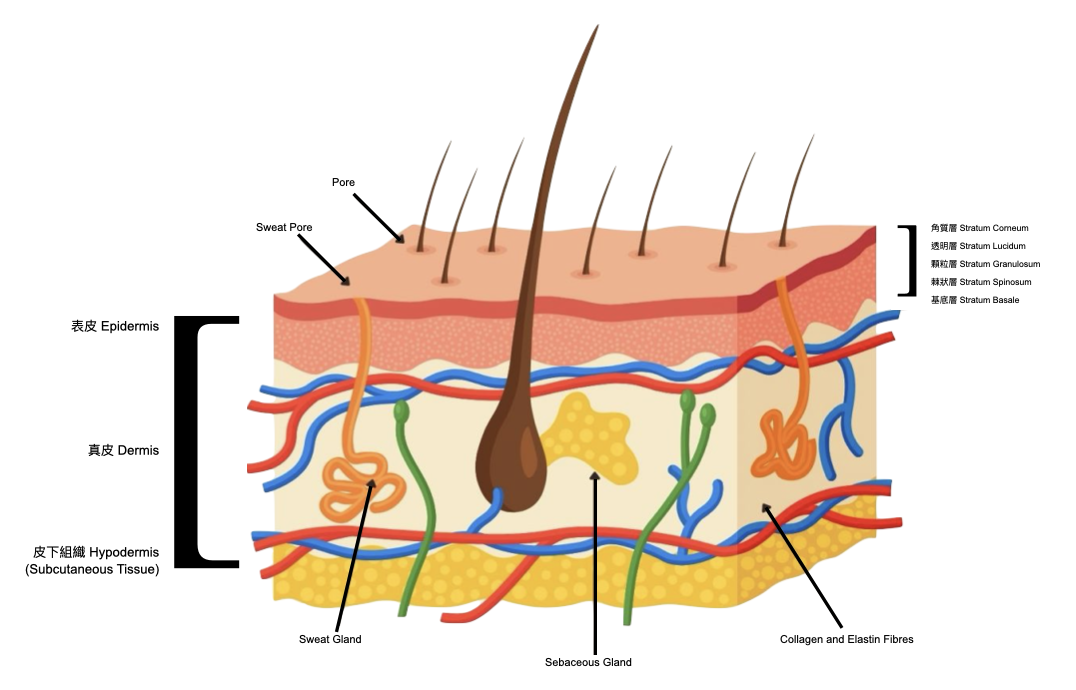C leansing serves as the cornerstone of any effective skincare regimen— it acts as the initial step towards achieving radiant, healthy skin. Picture it as a magical wand that delicately sweeps away dirt, excess oil, impurities, and makeup residue, preparing your skin for what lies ahead. However, the myriad options available can make choosing the ideal cleanser for your unique skin type seem daunting. In this piece, we will delve into the realm of facial cleansers: understanding their true purpose, exploring the diverse types available, debunking prevalent myths, distinguishing truth from fiction, and offering guidance to assist you in finding the perfect match for your skin.
The Benefits of Cleansing:
- Removes excess sebum (oil), environmental pollutants, makeup, and sunscreen buildup.
- Improves skin clarity, enhances cellular turnover, and allows skincare actives to penetrate more effectively.
- Primes the skin for optimal regeneration by removing dead skin cells.
Pro Tip: Avoid excessive washing as it can strip away essential natural oils, harm the skin barrier, disrupt the skin’s pH balance, and trigger breakouts and damage, particularly affecting individuals with dry or sensitive skin. Apart from those with oily skin types, cleansing your face in the morning with lukewarm water suffices.
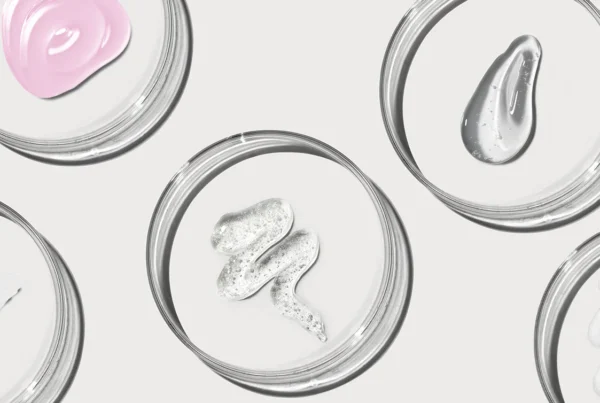
Types of Cleansers:
There are many types of cleansers, each designed for different skin types. Discover which one suits your skin best!
1. Foaming Cleansers: Ideal for oily, acne-prone and sensitive skin, these cleansers produce a rich lather to efficiently eliminate excess oil and impurities without stripping the skin of moisture. Many formulations include sebum-controlling and antibacterial components such as salicylic acid or tea tree oil.
Pro Tip: Dense foam face washes are particularly beneficial for sensitive skin. They allow you to wash your face with abundant lather without the hassle of creating foam.
2. Gel Cleansers: Adaptable and fitting for various skin types, particularly combination and oily skin, gel cleansers offer a thorough cleanse without depleting the skin’s natural oils. While some gel cleansers may be oil-free, be cautious as those with high alcohol content can potentially lead to irritation.
3. Cream Cleansers: Specifically designed for dry and sensitive skin, cream cleansers are luxuriously thick and creamy, providing a mild yet effective cleansing experience while simultaneously nourishing and hydrating the skin. Typically enriched with ceramides, NaPCA, and other soothing ingredients, they work harmoniously to leave the skin tranquil and well-moisturised.
4. Clay Cleansers: Infused with absorbent clays such as Kaolin, Green Clay, and Bentonite, these cleansers effectively reduce excess oil and impurities while offering gentle exfoliation to rid the skin of dead cells. Particularly beneficial for oily skin types.
5. Powder Cleansers: Activated by water, refined powder cleansers transform into a rich foam upon contact, effectively removing impurities while gently cleansing and exfoliating the skin. Suitable for all skin types, especially acne-prone, oily and combination skin types.
Pro Tip: To address combination skin with an oily T-Zone, employing a powder cleanser infused with charcoal or enzymes can precisely cleanse away surplus sebum and keratin (dead skin cells).
6. Oil Cleansers: Crafted purely from oil, these cleansers excel in dissolving makeup and sunscreen effortlessly. They cater to all skin types, including sensitive skin.
Pro Tip: Opt for oil cleansers with a gentle and lightweight composition, featuring non-comedogenic oils such as jojoba, squalane, or camellia oil, to prevent pore congestion.
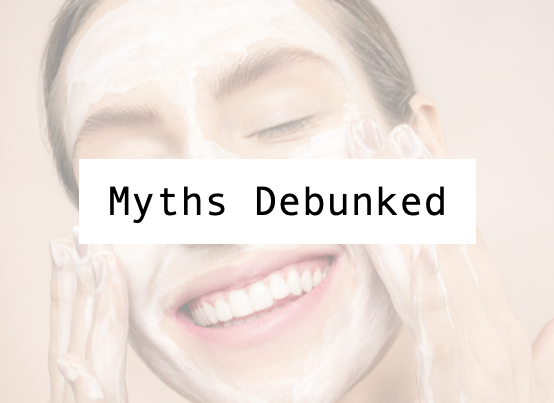
Common Misconceptions:
#Foaming Cleansers Are Superior#
The choice between foaming and non-foaming cleansers depends on your skin type and personal preference, not the foam factor.
#Skin Tightness After Cleansing#
Feeling too dry or too slippery after washing indicates that the cleanser may not be suitable for your skin type. Balance is key to avoid disrupting the skin’s protective barrier.
#Daily Micro-Exfoliation#
Using microbead-based cleansers daily can compromise your skin barrier, leading to sensitised skin.
#Non-SLS/SLES Claim#
Prioritise examining the ingredient list for Sodium Lauryl Sulfate (SLS), Sodium Lauryl Ether Sulfate (SLES), and Sodium Coco Sulfate (a closely related compound containing 66% SLS), as these ingredients can potentially be overly drying and harsh for certain individuals.
#Over-Washing#
In contrast to common misconceptions, excessive washing does not equate to clearer skin; in fact, it can exacerbate skin issues. Opt for a mild cleanser and lukewarm water to cleanse your face post-workout, effectively eliminating sweat, dirt, and oil. Additionally, be gentle and avoid rubbing while drying your face with a towel to prevent skin irritation, dryness, and premature aging.
#Hot Water Cleansing#
Washing with hot water can be harsh on the skin, disrupting the skin barrier as it strips your skin of its natural oils. This can cause your skin to dry out.
#Ice-cold Water Cleansing#
Despite its popularity among Korean celebrities, the notion that cold water can shrink blood vessels under the skin, tightening and minimizing facial puffiness and pore size, is a widespread misconception. Cold water may assist in decreasing redness in certain skin conditions like rosacea; however, if the water temperature is excessively cold, it can potentially cause skin irritation.
#Ideal Water Temperature#
Lukewarm water is preferable for cleansing to maintain the integrity of your skin’s barrier.
Tips for Choosing the Right Cleanser:
When selecting a cleanser, consider your skin type, concerns, the simplicity of ingredients, and the climate. Harsh surfactants such as SLS in cleansers are known to harm skin proteins and lipids, leading to post-wash tightness, dryness, barrier damage, irritation, and even itching. Opt for gentle, plant-based surfactants in a pH-balanced facial cleanser that is neutral to slightly acidic.
- For normal skin: Avoid oil-free cleansers during very dry weather.
- For dry and sensitive skin: Opt for a cream cleanser, a richer option that helps protect the skin’s lipid barrier.
- Look for gentle foaming agents like Sodium Cocoyl Glycinate, Cocamidopropyl Betaine, or Coco Glucoside in the ingredient list for effective yet mild cleansing.
Having a cleanser that fits your skin perfectly can bring joy and be a lifelong companion. While the journey to finding the right one may involve some trial and error, the results are worth it. I hope this article has shed light on the world of cleansers for you. Feel free to share any other myths or stories about cleansers in the comments below!
Here’s a little something to ponder:
”Do you know when people are talking about the skin barrier, which layer are they referring to?
Think about it and share your thoughts with me 👀
If you found this article helpful and engaging, consider sharing it with your friends to spread the skincare knowledge!

